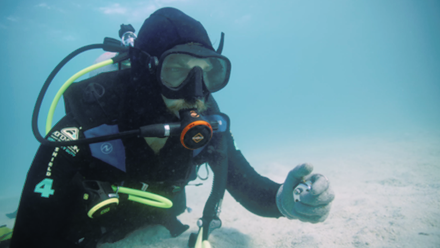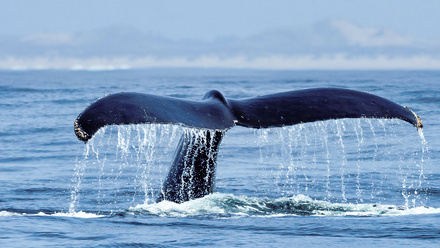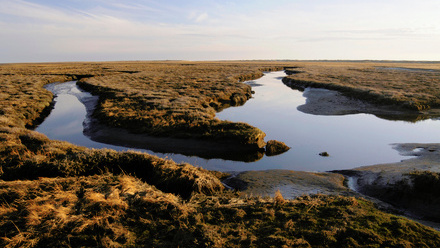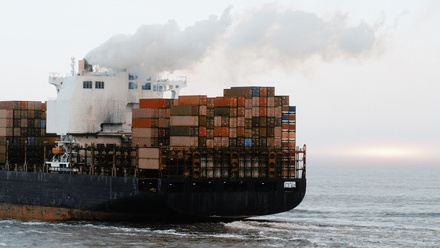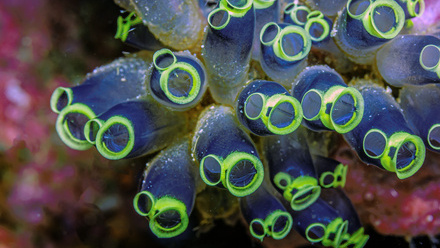Former US Navy seafarer designs eco-friendly marine descaler
The dangers of traditional acid-based descalers in focus, with environment concerns and equipment longevity key drivers for alternatives.
What links the showers at a Disney resort with the engine room of a US naval destroyer? The answer is an innovative biodegradable marine descaler, which has the potential to disrupt the cleaning industry. Developed by former US Navy seafarer and industrial chemist Patrick Baymont, Seascour is the industry’s first and only EPA (Environmental Protection Agency) Safer Choice-certified marine scale remover.
Baymont gained his chemistry degree while serving in the Navy. On his return to civilian life, he worked in a wide range of environmental and material testing labs, which is where he began to see the real impacts of traditional descalers.
“In 2010, I was working in chemical manufacturing and did not like what I was seeing in the products being sold,” Baymont explains. “They were harsh, dangerous and sometimes hazardous while the marketing called these products safe.”
These products are provided by contractors to ensure proper handling of toxic substances – typically hydrochloride, phosphoric or sulphuric acid – which are used to clean marine build-up, such as calcium, lime, seashells, barnacles, mussels, and other hard water deposits in critical marine systems.
Yet these chemical solutions come with a whole host of troubling side-effects, from the environmental to the commercial.
“Hydrochloric acid eats up the metals and when you discharge it, you’re then releasing heavy metals into the environment, while phosphorus creates huge algae blooms,” says Baymont.
The acids are not only detrimental to the environment. They also degrade the equipment during the cleaning process, which impacts asset life, and their application requires ships to be in port, which adds to maintenance and operational costs. Hydrochloric acid, for example, can degrade 20 millimetres of metal per year, which puts parts at risk of failure even after just one treatment, Baymont says.
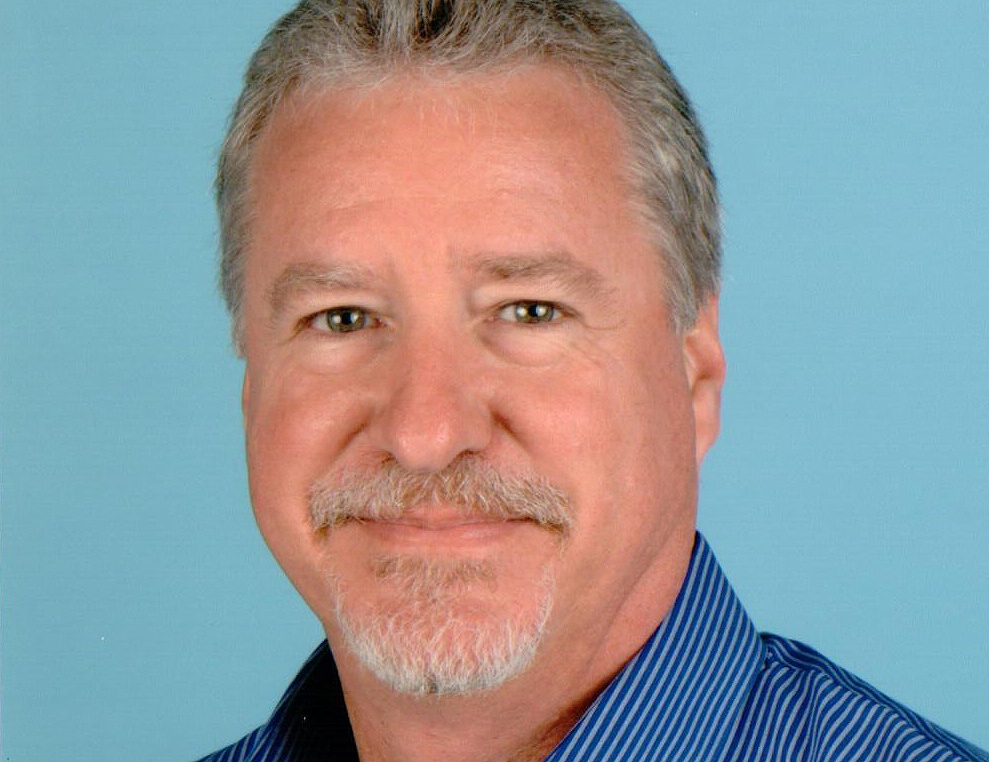
Environmental safety first
“I started my own small company and started creating powerful, yet safe organic products. With Seascour, descaling can be handled in-house, with the parts flushed at sea so there’s no operational downtime,” continues Baymont. “Our products come from the marine environment so it’s like recycling.”
Its non-corrosive formula will dissolve scale buildup without damaging vital equipment, thereby preserving the integrity of heat exchangers, cooling systems, and other essential machinery, says Baymont. The reaction fizzes not unlike Alka-Seltzer, and because it’s not pH based, the solution can be reused three to four times.
“When creating organic products, you can engineer them for limited reactions, thereby making them more powerful for the one reaction you need – breaking the bond of CaCO3 (scale) and not affecting any other materials,” he states.
The Navy is currently testing the product because they see advantages, particularly on destroyers operating in the warm waters of the Middle East, where rapid scale buildup is a recurring issue.
“Replacing a condenser on a destroyer can cost up to $1 million. That’s why they see such value in [us],” Baymont enthuses.
Preventing clogging, reducing downtime, and extending equipment lifespan are all sought after by ship owners, and Baymont is confident his innovative development will help.
“It is like a micro-laser,” Baymont says. “It dissolves scale without damaging equipment, and you can flush parts at sea.”
Test results from the Navy are imminent and will provide proof of the product’s efficiency and safety at scale.
Tell us what you think about this article by joining the discussion on IMarEST Connect.
Image: barnacles are removed from a boat hull in dock. Credit: Shutterstock.
Inline image: Patrick Baymont. Credit: Seascour.

